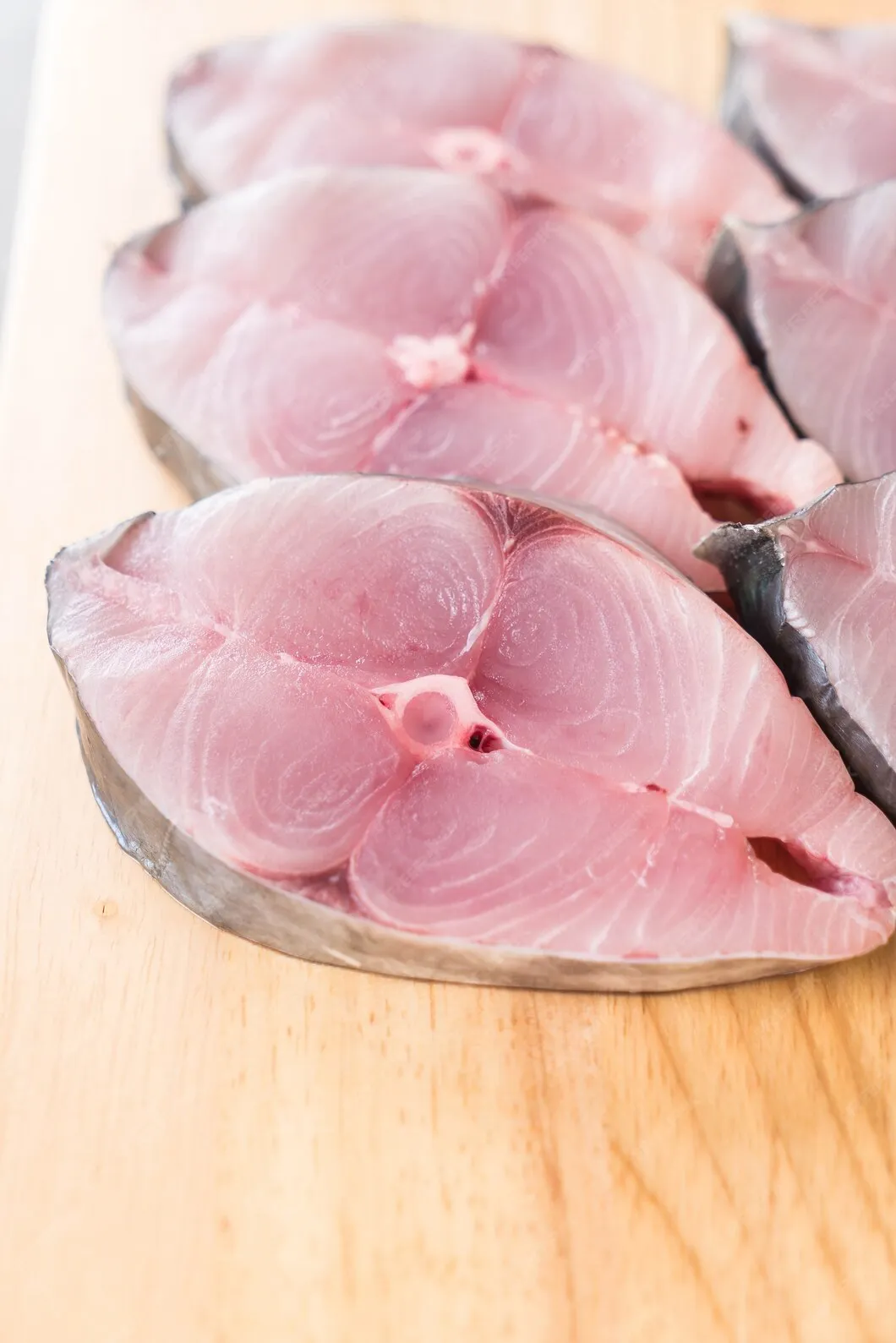Navigating the dietary needs of a dog diagnosed with kidney disease can feel overwhelming. Nutrition plays a pivotal role in managing this condition, aiming to improve your dog’s comfort and potentially slow disease progression. The initial challenge often lies in simply encouraging your dog to eat, as kidney disease can lead to nausea, mouth ulcers, and general discomfort, making meal times painful. In severe cases, a feeding tube might be necessary. However, once your dog’s condition stabilizes, focusing on a specifically optimized kidney diet becomes crucial. This guide will delve into the essential nutritional considerations and what to feed a dog with kidney disease, ensuring they receive the best possible care.
Understanding Kidney Diets for Dogs
Diets designed for dogs with kidney disease differ significantly from standard dog foods. It’s important to recognize that a one-size-fits-all approach doesn’t work; the ideal diet can evolve as the disease progresses. For instance, a dog in the early stages might benefit from a diet with more protein, while a more advanced case may require reduced protein and phosphorus to manage symptoms effectively.
Generally, a beneficial kidney diet for dogs exhibits a specific nutrient profile:
| Nutrient | Grams/1000 kcal |
|---|---|
| Protein | 31-41 |
| Phosphorus | 0.5-0.8 |
| Sodium | 0.4-1.2 |
| EPA and DHA | 0.4-1.2 |
Unfortunately, this detailed information isn’t always readily available on pet food labels or manufacturer websites. Consulting your veterinarian is the most reliable way to select a kidney diet tailored to your dog’s individual needs.
Key Elements of a Kidney Diet
Palatability: The Crucial Factor
The most significant, and often challenging, aspect of a kidney diet is making it palatable. Dogs with kidney disease often experience a reduced appetite due to metabolic and physical changes. Therefore, kidney diets must be highly appealing in both aroma and taste. A kidney diet your dog won’t eat offers no benefit. To maximize nutritional intake in smaller portions, these diets should also be calorie- and nutrient-dense.
Hydration and Water Content
Adequate hydration is paramount for dogs with kidney disease, as their bodies struggle to retain water. While always ensuring access to fresh, clean water is essential, a diet with high water content significantly boosts fluid intake. Wet foods are generally preferable to dry kibble. If you feed dry food, discuss options with your veterinarian for adding water to the kibble or other methods to increase water consumption. Monitoring sodium levels is also vital, as excessive sodium can exacerbate dehydration.
Optimized Protein Intake
Balancing protein is a delicate act. Dogs with kidney disease require protein for essential functions like muscle maintenance and immune support. However, the byproducts of protein digestion can contribute to the feeling of illness in dogs with kidney disease. The goal is to provide just enough protein to meet their needs without excess. Any surplus protein calories can be more safely derived from carbohydrates and fats. The quality of protein is equally important; it should be highly digestible and provide all essential amino acids.
Low Phosphorus Levels
Phosphorus levels in the blood are closely linked to protein intake. As kidney function declines, dogs lose their ability to excrete phosphorus efficiently, leading to its accumulation in the bloodstream. Reducing dietary phosphorus has been shown to slow the progression of kidney disease and increase lifespan in dogs. This is achieved by moderating protein intake and selecting protein sources that are naturally lower in phosphorus, such as plant-based options compared to animal-based proteins.
Essential Supplements
Nutritional supplements can further support dogs with kidney disease. Common additions include:
- Omega-3 Fatty Acids (EPA and DHA): These can help reduce inflammation throughout the body, including the kidneys, and may improve kidney function. The right omega-3s can be crucial for overall health. For more information on supporting joint health, you might find insights in our article on oils for dogs with arthritis.
- Antioxidants: These neutralize harmful free radicals that can cause further kidney damage.
- Fermentable Fiber: This aids in eliminating waste products from protein digestion through feces, allowing dogs to tolerate a slightly higher protein intake. Exploring gut health solutions can be beneficial, as indicated by our information on the best dog gut health supplement.
 A dog with a bowl of wet food
A dog with a bowl of wet food
Prescription Kidney Diets vs. Homemade Options
The creation of nutritionally complete and balanced homemade kidney diets for dogs is notoriously difficult. A study published in 2012 revealed that a significant majority of kidney diet recipes found online or in books failed to meet the National Research Council’s nutrient recommendations for adult dogs. Reputable manufacturers of prescription kidney diets conduct rigorous testing to ensure their foods are safe for long-term feeding and positively impact a dog’s health.
While homemade diets can offer a taste advantage if your dog is a picky eater, it is imperative to formulate them with the guidance of a veterinary nutritionist or a reputable service that requires veterinary oversight, such as BalanceIT. This ensures no nutrient deficiencies or excesses occur, preventing potential harm.
Popular Prescription Kidney Diets
Following a kidney disease diagnosis and stabilization, veterinarians commonly recommend prescription kidney diets. Your vet will likely suggest a specific food based on your dog’s unique situation. Here are three widely recognized options:
- Hill’s Prescription Diet k/d Kidney Care: Available in both wet and dry formulations with various flavors.
- Purina Pro Plan Veterinary Diets NF Kidney Function: Offered in wet and dry versions.
- Royal Canin Veterinary Diet Adult Renal Support: Comes in wet and dry formulations, with different flavors and options for both early and advanced stages of kidney disease.
 Three different bowls of dog food, one wet, two dry, with brand labels visible
Three different bowls of dog food, one wet, two dry, with brand labels visible
Transitioning Your Dog to a Kidney Diet
The transition to a new diet should be handled with care, especially for dogs who are still experiencing nausea or feeling unwell. Forcing a new food during this time can lead to negative associations. Once your dog’s appetite has improved, introduce the new food gradually over two weeks to allow their digestive system to adapt and to minimize the risk of food refusal.
A typical transition schedule might look like this:
- Days 1-2: 5% new food, 95% old food
- Days 3-4: 10% new food, 90% old food
- Days 5-6: 20% new food, 80% old food
- Days 7-8: 40% new food, 60% old food
- Days 9-10: 60% new food, 40% old food
- Days 11-12: 80% new food, 20% old food
- Days 13-14: 90% new food, 10% old food
- Day 15: 100% new food
If your dog shows reluctance to eat or develops digestive upset at any stage, revert to the previous step and proceed more slowly.
Monitoring Your Dog’s Response to a Kidney Diet
Switching to a kidney diet may require patience. If your dog consistently refuses the recommended food, contact your veterinarian. They can offer solutions such as:
- Appetite Stimulants: Recommending palatable food toppers (avoiding those high in phosphorus and salt) to enhance appeal. Our article on best healthy snacks for dogs might offer some ideas for safe additions, but always consult your vet.
- Medications: Prescribing medication to manage nausea, stomach inflammation, ulcers, or other symptoms affecting appetite.
- Alternative Diet Recommendations: Suggesting a different prescription kidney diet or, if necessary, a suitable over-the-counter option.
- Nutritional Consultation: Referring you to a veterinary nutritionist for tailored homemade diet recipes.
- Feeding Tube Discussion: Reviewing the benefits of a feeding tube if necessary.
Many dogs with kidney disease can live fulfilling lives for extended periods, especially with the right nutritional management. Research suggests that dogs on a kidney diet may live significantly longer than those fed regular dog food, making the effort towards proper nutrition a worthwhile endeavor. For dogs with specific digestive concerns, understanding the role of probiotics can be helpful; explore our guide on the best probiotic for dog with allergies.
The importance of a balanced diet extends to overall well-being. Ensuring your dog has optimal gut health can contribute to better nutrient absorption and overall health. You may find our information on the best dog gut health supplement insightful. Moreover, a dog’s dental health can impact their ability to eat comfortably, so learning about the best food to clean dogs teeth is also a valuable aspect of their care.
